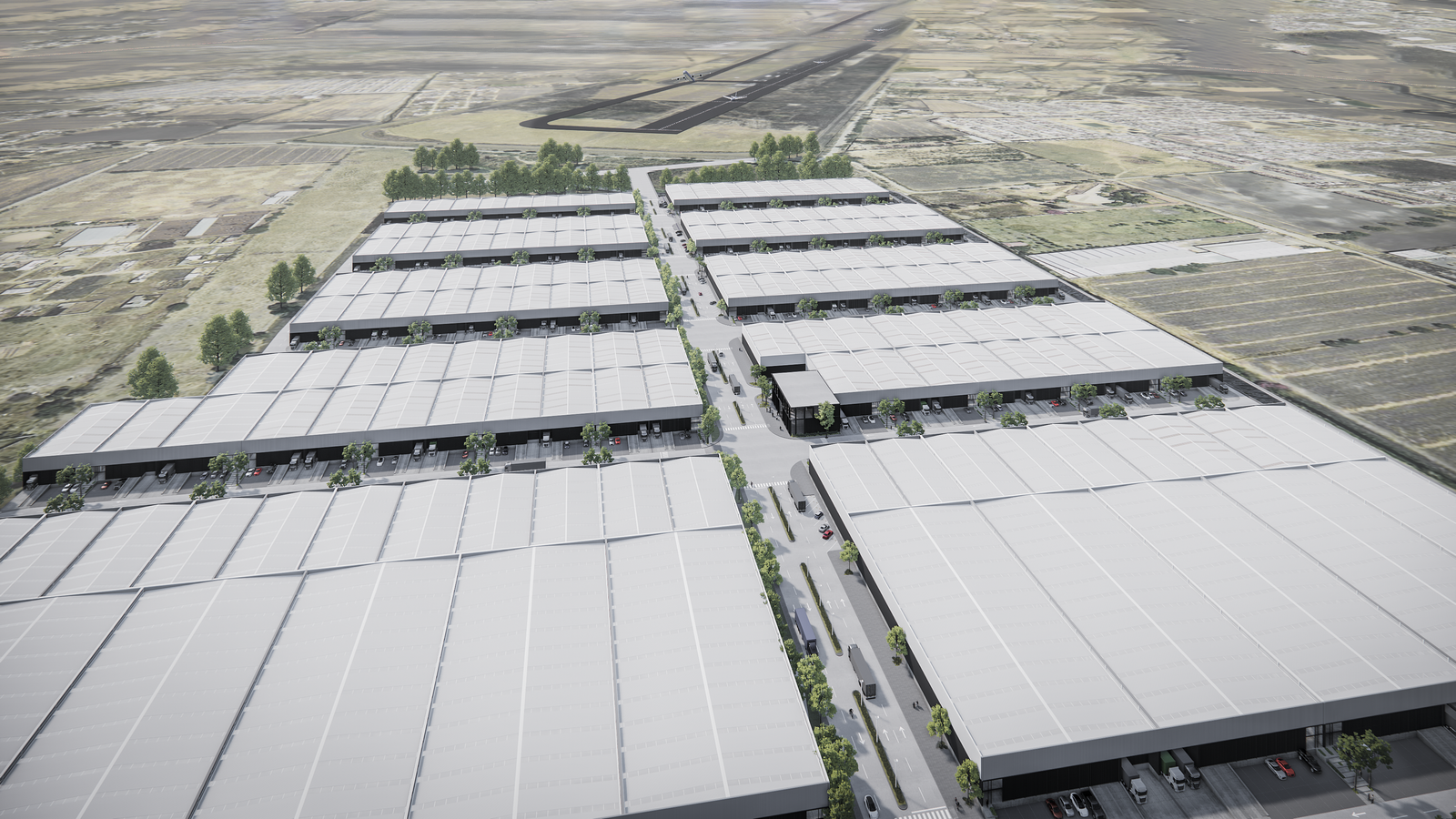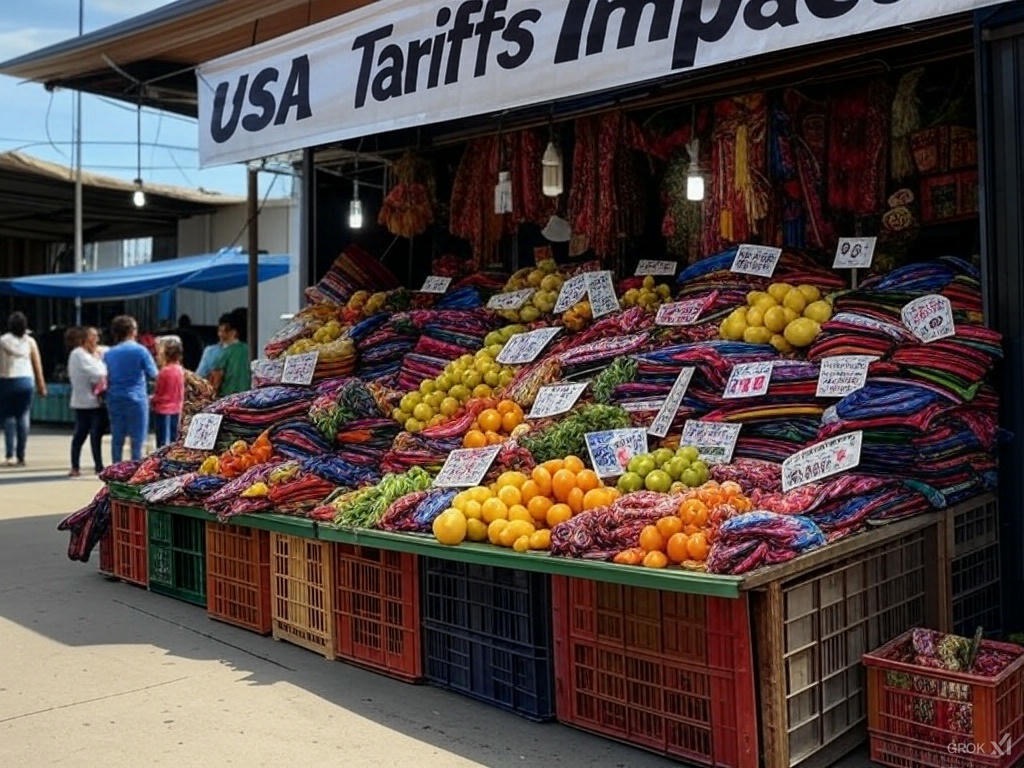Recent geopolitical events, from attacks in Lebanon to ongoing tensions involving China and Taiwan, are accelerating shifts in global supply chains.
For years, experts and policymakers have urged companies to rethink their reliance on distant, vulnerable production hubs, particularly in Asia. The strategies of reshoring (bringing manufacturing back home) and nearshoring (moving operations closer to key markets) are no longer just ideas.
For Mexico, this represents a massive opportunity in the industrial real estate sector. With its proximity to the U.S., competitive labor costs, and growing infrastructure, the country is quickly becoming a prime destination for nearshoring efforts. But as this shift unfolds, businesses face a critical question: How can you strategically position your operations to take full advantage of this trend?
Why Nearshoring is Key
Recent disruptions in global supply chains have exposed vulnerabilities that many companies can no longer afford to ignore. Here’s what’s driving the push toward nearshoring, particularly in Mexico:
- Global Security Concerns:
Events like the Lebanon attacks and the ongoing Russia-Ukraine conflict highlight how global supply chains can be disrupted by unforeseen crises. Add to that the risk of China’s potential military actions toward Taiwan, and many companies are eager to reduce their reliance on far-flung factories. Mexico offers a stable, geographically advantageous alternative. Its position as part of the USMCA trade agreement ensures streamlined cross-border logistics, making it an attractive option for manufacturers looking to protect their operations from geopolitical risks. - Supply Chain Reliability:
The COVID-19 pandemic showed how disruptions in shipping and manufacturing hubs like China can paralyze industries worldwide. Nearshoring in Mexico allows companies to shorten delivery times, reduce transportation costs, and gain better control over their supply chains. For example, companies dependent on advanced computer chips or critical medical device components can benefit from Mexico’s growing base of high-tech manufacturing. Guadalajara’s recent projects announced by Foxconn and Nvidia are part of that. - Focus on Sustainability:
Shortening supply chains not only reduces risk; it’s also about improving environmental sustainability. With shorter transportation routes and reduced reliance on ocean freight, nearshoring in Mexico helps companies lower their carbon footprint, which is increasingly important in today’s market.
The Role of Industrial Real Estate in Mexico’s Nearshoring
Mexico’s industrial real estate market is at the center of this nearshoring revolution. Key regions like Guadalajara, Monterrey, and the Bajío corridor are seeing rapid growth as businesses look into them to secure strategic locations. But as demand rises, so does the complexity of finding the right property.
Here’s why having an industrial real estate broker is critical to navigating this shift:
- Understanding Regional Opportunities:
Not all industrial parks and regions are created equal. A broker with expertise in Mexico’s industrial real estate market can help identify locations that align with your operational needs — whether that’s access to highways, proximity to U.S. border crossings, or the availability of a skilled labor force. - Navigating Complex Regulations:
Each state and municipality in Mexico has its own regulations regarding zoning, taxes, and incentives. A broker ensures you’re aware of all compliance requirements and can even help you secure tax breaks or other benefits in specific areas. - Mitigating Risks:
The push for nearshoring is creating a competitive market for industrial properties. Without a broker, you risk overpaying or committing to a location that doesn’t fully meet your business’s long-term needs. Brokers with local expertise can negotiate favorable terms and ensure you’re investing in a property with strong growth potential. - Strategic Planning for Growth:
Nearshoring isn’t just a short-term trend; it’s a long-term strategy. A skilled broker helps you plan beyond your immediate needs, identifying properties that offer scalability as your operations grow.
Mexico’s Position as a Nearshoring Powerhouse
Mexico isn’t just a convenient location for U.S. companies — it’s becoming a global manufacturing hub. Sectors like automotive, aerospace, and electronics are rapidly expanding, with major players already establishing facilities in the country. This influx is driving up demand for industrial spaces, and companies that act now will have the upper hand in securing prime locations.
Additionally, Mexico’s commitment to infrastructure development — from highways to industrial parks and ports — ensures it remains competitive in the global market. These investments make the country even more attractive for companies looking to mitigate risks and capitalize on nearshoring trends.
The Bottom Line
Geopolitical uncertainty has made one thing clear: proximity and control matter. For companies looking to adapt to a changing world, nearshoring in Mexico is not just an opportunity — it’s the opportunity of an era. But navigating this market requires expertise, especially as demand for industrial properties rises.
Partnering with an experienced industrial real estate broker ensures you’re not just reacting to market changes but positioning your business for sustained growth. From understanding local regulations to negotiating competitive deals, the right broker helps you capitalize on Mexico’s growing role in the global supply chain.


